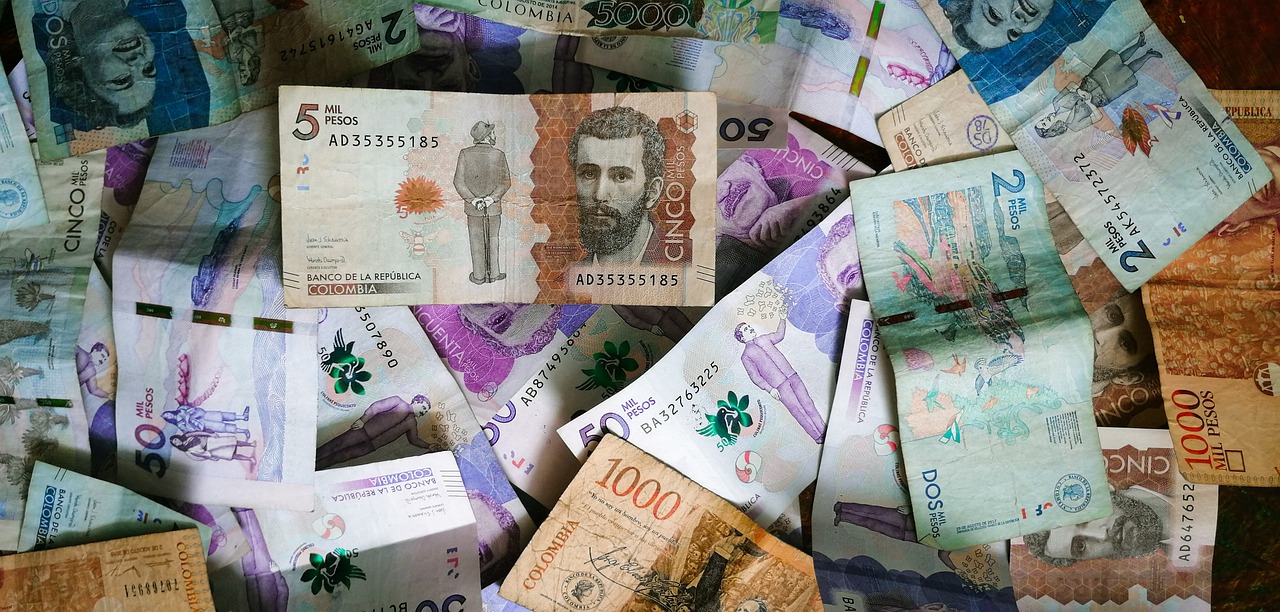Understanding Credit Card Payments to Friends: Disputes, Limits, Risks, and Benefits on PayPal, Zelle, and More
GPT_Global - 2025-08-21 21:30:23.0 8
What happens if I dispute a payment I made to a friend using a credit card?
Disputing a payment made to a friend using a credit card can have serious implications, especially in the context of remittance services. If you decide to challenge the payment, the first step is to contact your card issuer and provide details of the transaction. Common reasons for disputes include unauthorized charges, fraud, or payment errors.
Once you file a dispute, your card issuer will typically investigate the claim and may place a temporary hold on the payment. During the investigation, both you and your friend may need to provide evidence to support your case. Depending on the outcome, the disputed amount might be refunded to your card, or the payment may be upheld.
However, it's essential to be cautious when using remittance services to transfer money to friends. Disputing a payment could strain relationships, and there are often fees or penalties involved in the process. It's important to ensure all remittance transactions are accurate and transparent to avoid such issues in the future.

Do I need a special account to pay a friend with a credit card on PayPal?
When sending money to a friend through PayPal using a credit card, you don't need a special account. All you need is a regular PayPal account linked to your credit card. This is one of the advantages of using PayPal, as it provides a simple and convenient way to transfer money without needing a separate account for different transaction types.
To pay a friend with a credit card, simply log into your PayPal account, select the "Send & Request" option, and enter your friend’s email address or phone number. After that, you can choose your credit card as the payment method. PayPal will process the transaction and transfer the funds instantly, providing both the sender and recipient with an easy-to-use solution for peer-to-peer payments.
However, it's important to note that PayPal charges a fee for credit card payments, typically around 2.9% plus a fixed fee based on the currency. Make sure to consider these fees before sending money to avoid unexpected costs. Despite this, PayPal remains a reliable and efficient option for remittance businesses and individuals seeking fast, secure transactions.
Can I use my credit card to send money to a friend via Zelle?
```htmlSending money to a friend has become easier with the rise of digital payment platforms like Zelle. However, many people wonder if they can use their credit cards for Zelle transfers. The answer is, unfortunately, no. Zelle doesn't accept credit card payments for sending money. Instead, it only works with linked bank accounts or debit cards. This is due to Zelle’s emphasis on instant and secure bank transfers.
If you want to send money to a friend, you'll need to link your bank account or debit card to your Zelle account. The process is quick and seamless, making it a preferred option for many. While credit cards offer a convenient way to make payments, Zelle’s system is designed to work directly with bank accounts to avoid high fees typically associated with credit card transactions.
If you're looking for alternative methods to send money via credit card, consider other payment services that support such transactions. While Zelle doesn’t offer this feature, several other remittance platforms do, making it easy to send money to friends and family around the globe.
```Are there any limits on how much I can send to a friend using a credit card?
When using a credit card to send money to a friend, it's important to understand the limits that may apply. Most remittance businesses impose specific restrictions to safeguard both the sender and the recipient. These limits can vary depending on the service provider, the country you're sending money to, and the type of card being used.
Typically, credit card remittance services have a daily or monthly limit on transactions. For example, you may be allowed to send up to $5,000 a day, but higher amounts may require additional verification or incur higher fees. Some platforms may also limit the amount you can send based on your credit card’s available balance or your relationship with the service provider.
In addition to transaction limits, certain fees are often associated with sending money via credit card. These fees can include a percentage of the total amount being sent, or a flat rate, and they may increase as you exceed lower thresholds. It's essential to check the terms and conditions of your remittance provider to avoid surprises.
To ensure smooth transactions, always verify your credit card’s terms and confirm the remittance provider’s rules before sending funds to a friend. This way, you can avoid any unexpected limits or fees.
Is there a cashback benefit when paying a friend with a credit card?
When using a credit card to pay a friend, one of the perks that may come to mind is the possibility of earning cashback. Many credit cards offer cashback rewards for purchases made, including those that are classified as "person-to-person" transactions. However, it is important to be cautious about the terms and conditions attached to such payments.
Most credit card companies treat payments to friends as a "cash advance" or "money transfer," which could result in fees that offset the cashback benefit. Additionally, the cashback earned might be less than expected, or even excluded entirely from these types of transactions. It’s also crucial to check if your credit card issuer offers any specific cashback categories that exclude such payments.
For remittance businesses, understanding how credit card payments affect both cashback and transaction fees is essential for advising customers. Using credit cards for international money transfers, for instance, may not always be the best option if fees outweigh potential rewards. Always explore other payment methods that could provide greater financial benefits for both the sender and the recipient.
What are the potential risks of paying a friend with a credit card?
Paying a friend with a credit card can be convenient, but it comes with several risks that could impact both parties involved. One of the key risks is the potential for accumulating high-interest charges. Credit cards often come with higher interest rates, especially if the balance isn't paid off in full each month, leading to financial strain.
Another risk involves the possibility of fraud or disputes. If your credit card details are shared or compromised, there is a chance of unauthorized transactions. Additionally, if a friend doesn't follow through with an agreement or the payment is disputed, you may end up facing the hassle of chargebacks or reverse payments.
Furthermore, using a credit card for personal transactions can lead to overspending. Credit cards offer a “buy now, pay later” convenience, but it might encourage careless spending, causing debt to snowball. For businesses offering remittance services, it's essential to educate clients on these risks to ensure safe and responsible payment practices.
In conclusion, while using a credit card for remittances can offer benefits like quick transfers, it's important to weigh the risks, especially when dealing with friends or family. Always consider alternative, safer payment options where possible.
Can I pay my friend using a credit card without them having an account on any payment app?
Sure! Here's a concise SEO-friendly article for your remittance business: --- Many people wonder, “Can I pay my friend using a credit card without them having an account on any payment app?” The short answer is yes—there are reliable remittance services that allow you to send money directly with a credit card, even if your friend doesn’t have a digital wallet. This makes it easier for individuals who prefer not to download or manage extra apps. With the right remittance platform, you simply enter your friend’s details and pay with your credit card. The money can then be delivered straight to their bank account, picked up in cash at a local partner branch, or even sent to their mobile number depending on the service chosen. This flexibility eliminates the need for both parties to use the same payment app. Using a credit card for remittance also offers speed and convenience. Funds are often transferred within minutes, making it ideal for urgent payments. However, it’s important to compare transaction fees and exchange rates before sending money, as costs may vary. Choosing a trusted remittance provider ensures secure transfers and peace of mind. Ultimately, paying a friend with your credit card without requiring them to join a payment app is possible and practical, thanks to modern remittance solutions.
About Panda Remit
Panda Remit is committed to providing global users with more convenient, safe, reliable, and affordable online cross-border remittance services。
International remittance services from more than 30 countries/regions around the world are now available: including Japan, Hong Kong, Europe, the United States, Australia, and other markets, and are recognized and trusted by millions of users around the world.
Visit Panda Remit Official Website or Download PandaRemit App, to learn more about remittance info.

